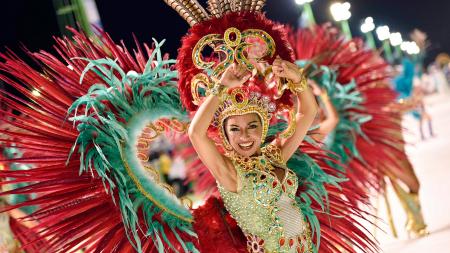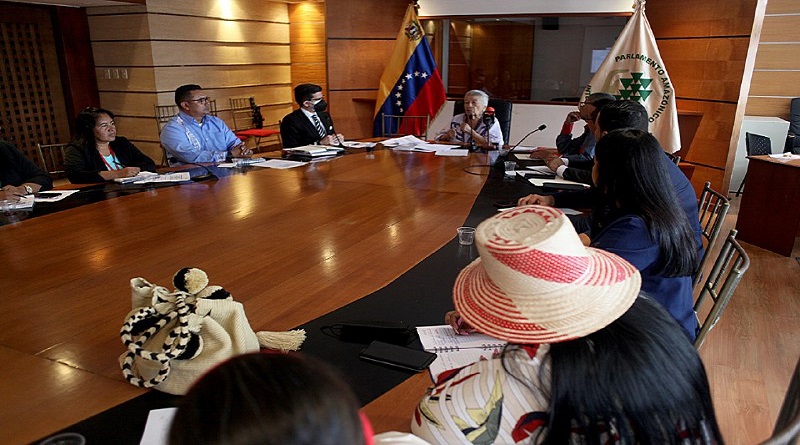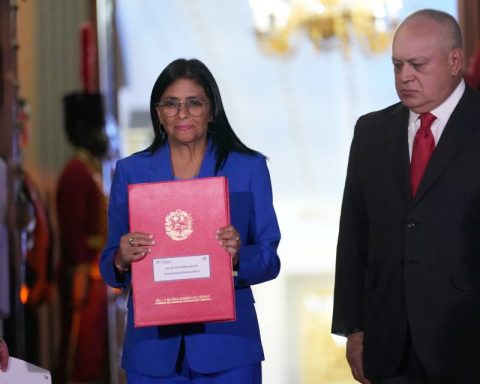The carnival “industry” is motorized each year in cities like Gualeguaychú and Corrientes, where they project to receive more than half a million visitors this year with an average cost per night of $10,000 per person.
“The first nights of carnival have given us very positive data. 80% of tourists come with friends or family and have an average cost of over $8,000, $9,000 per night per person; this includes the entrance fee, parking, and after consumption internally and more than 75% move in a private vehicle and 20% use public transport,” said the head of the Corrientes Province Tourism Observatory, Roberto Bezos, in dialogue with Télam.
In this sense, Bezos explained that in order to measure the economic movement generated by the carnival festivities, it is necessary to go beyond the capital of Corrientes, “because in more than 20 towns in the province large-scale carnivals are held and, in addition to the carnivals that are taking place, developing in the southern corridor of Paso de los Libres, for example, which has a lot of Brazilian influence, are spectacular”.
“At this moment there is a movement practically all year round, because here they work from workshops that are dedicated to banners, people who embroider costumes, people who are in the pheasant feather industry, to have feathers for carnivals, to the shoemaker who makes embroidered boots and shoes,” Bezos said.
Carnival of the Country, five comparsas with more than 1,200 artists on stage
In the same way, the president of the Entre Ríos Mixed Tourism Committee, Pía Gavagnin, spoke with Télam and stated that “Carnival is the star product of Gualeguaychú, it is the product for which Gualeguaychú became the most reference at the country level, touristically speaking, what is one of the most important economic activities of the summerwhich not only generates economic movement during the summer season, but also, throughout the year, the carnival”.
“In the calculation that we made for the first weekend of January, when we had the Entre Ríos Fish and Wine Festival, and it has free admission, there are four nights, this year it coincided with the weekend of the beginning of the carnival , so it was done for three days. That weekend we estimated an approximate cost between lodging, food and entertainment for tourists of $10,000 per person,” Gavagnin said.
“Carnival is the star product of Gualeguaychú, it is the product for which Gualeguaychú became the most reference at the country level, touristically speaking, which is one of the most important economic activities of the summerPia Gavagnin
In both locations, the carnivals last ten nights and the prices of tickets to the corsódromo, for February, range from $1,100 to $3,300 for the stands in the city of Corrientes, and from $3,600 to $4,200 in Gualeguaychú with access to the stands popular.
“They have been very good nights with an average of 20,000 spectators per night. The corsódromo has approximately a capacity of 25,000 people. Every weekend in January it’s a price and in February it goes up a bit and then on the long carnival weekend it goes up a bit more,” Gavagnin said.
He also stressed that the month of January “was very good”and added that “the fort of Gualeguaychú is the month of February and this summer it happened that January was already very positive. Last weekend we had full occupancy and now the reservations are very good and for the carnival weekend practically There is no accommodation available, so we understand that it will end up being a good season.”
The show Carnival of the Country of Gualeguaychú It integrates the presentation of five troupes, 1,200 artists and dancers on stage, costumes made by hand with rhinestones, more than 70,000 feathers and 15 moving floats.

The Corrientes Carnival, one of the most luxurious in the world
For his part, Bezos stated that the arrival of 100,000 visitors on the nights of the carnival in the city of Corrientes will have a direct economic impact on the hotel and gastronomic sector of the town, although measuring what all the carnival business entails transcends these sectors.
“Measuring everything that carnival entails is much more, there are costumes worth millions of pesos because they carry stones. How can I explain what a troupe of more than 500 members spends on making a costume? A simple costume today does not go below $200,000, because They are handmade stone elaborations, embroidery is almost no longer used, it is all strass, precious stones, feathers, all a craft are these costumes,” he explained.
The parades in the national capital of the carnival take place in the Corsódromo “Nolo Alias”, with a capacity of 30 thousand people. The largest troupes in the country are found here, with more than 1,500 members and it is considered one of the most luxurious in the world.


















